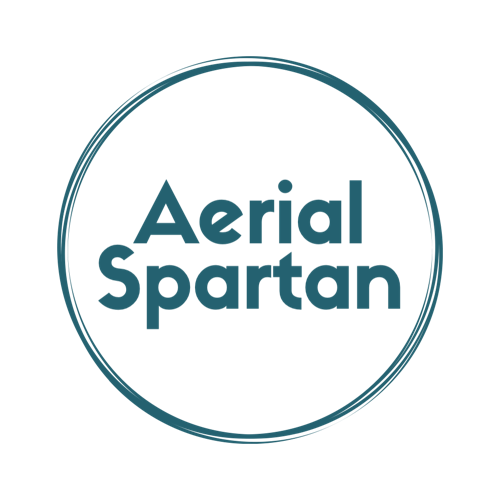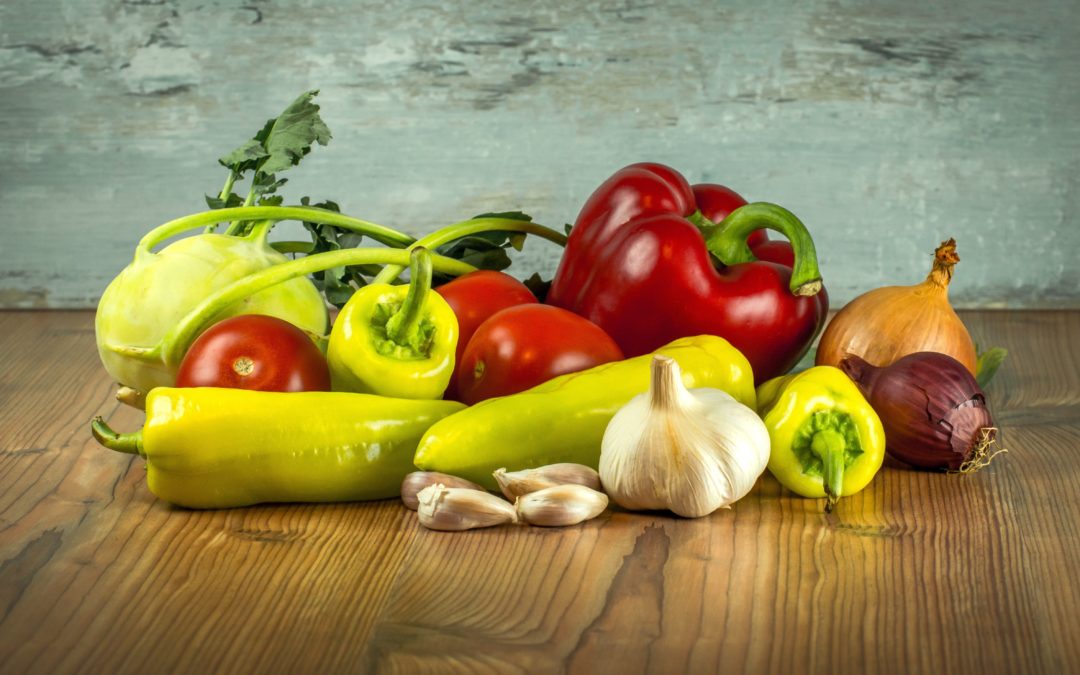When it comes to pregnancy nutrition, there are generally three types of food groups to think about. The good (what you should eat during pregnancy), the bad (what you should avoid during pregnancy) and the ugly (what your body is craving anyway).
This blogpost aims to inform about my personal experiences during pregnancy. I am not a nutritionist, doctor, nurse, midwife or health care professsional. Please always speak to your healthcare professional if you have any concerns about pregnancy nutrition.
Pregnancy nutrition: THE GOOD aka what should you eat during pregnancy
During pregnancy your body is growing another human being. This not only requires extra calories, but also extra nutrients and vitamins. You can read here how much calories, vitamins and nutrients you will need during pregnancy and breastfeeding.
Generally it is recommended that you maintain a healthy and balanced diet throughout your pregnancy. Because the best way to get all the extra nutrients and vitamins your baby needs is through real and healthy food. You should therefore focus on eating lots of vegetables and fruits, lean protein and healthy fats.
If you are not sure that you are getting enough of all the vitamins and nutrients you need, you can also add a quality prenatal vitamin. While this should never be the only source of trace minerals and vitamins during pregnancy, it can be an important backup of pregnancy nutrition. You can find my favorite prenatal vitamin here.
Pregnancy nutrition: THE BAD aka what should you avoid during pregnancy
You probably have heard of some of the things you should avoid during pregnancy. The most important ones are alcohol (along with smoking and other drugs) and raw meat, fish, dairy and eggs. However, there are also some other foods you should avoid.
Alcohol
Alcohol along with smoking and other drugs is known to be one of the big no-nos of pregnancy, as it has been linked to birth defects of the baby. While most of the obvious defects come from major alcohol abuse (fetal alcohol syndrome), it is still not clear how much alcohol is safe during pregnancy. Some studies have shown that low alcohol consumption had no effect on the fetus. However, it is hard to draw the line of how much is safe and how much is not.
As I am not a doctor or scientist I cannot give a valid recommendation here. I personally have avoided drinking alcohol as soon as I found out I was pregnant. However I have had a few sips of wine or a half glass of champagne on a handful of special occasions like Christmas and New Years Eve. I did this mostly for taste and enjoyment (yes I wanted to know how the expensive red wine tasted) and not because of social pressure.
But sometimes the social pressure of drinking alcohol is so strong, that it can be hard for women to avoid alcohol. This is especially the case early in their pregnancy, when they are not ready to tell they are pregnant yet. And they fear, that avoiding alcohol might cause suspicion. I also had this problem, and these are my best excuses:
- Dry January, Stop-ober, giving up alcohol for Lent
- I am on a diet / fast/ trying to eat healthy
- It interferes with my Marathon / Muscle Mass training plan
- I’ve been taking antibiotics / other prescription drugs
- Just order alcohol free beer / cocktails / tonic without gin to make it look like a “real” drink
Raw or undercooked meat, fish, eggs and unpasteurized dairy
Another thing to avoid during pregnancy is raw or undercooked meat, fish, eggs and unpasteurized dairy. The reason is that they could contain harmful bacteria and germs like salmonella, listeria or toxoplasmosis. Some of these hese bacteria could potentially harm the fetus during pregnancy. Others might cause food poisoning in the mother, which could lead to a potentially dangerous fever.
As with all the risks, you do not need to freak out just because you accidentally ate a bite of undercooked steak or had a slice of raw milk cheese. But it is a generally good idea to take the following precautionary measures:
- Avoid dishes made of raw meat, fish, dairy or eggs like sushi, or raw cheeses. Raw salami or prociutto is not okay, but they are fine if they have been cooked, like salami pizza. Raw fish is generally not okay, but pickled fish is.
- Properly cook your foods to the point when they are really well done, especially chicken.
- Keep a good food hygiene. Make sure the juices of meat go nowhere near food you will eat later.
- Always properly wash your hands and kitchen utensils.
Excessive caffeine
Caffeine might not be obviously harmful to your baby. But the effects it has on your unborn child are still not clear. Studies have shown that babies already sleep and dream in utero, and caffeine could potentially interfere with their (deep) sleep patterns as it does with adults. And good sleep is crucial for your baby’s brain development.
Therefore the recommendation is to keep your daily coffee intake to 2 cups maximum. If you are not a coffee drinker, you have to be aware that also black and green tea, mate tea, energy drinks, and coke contain caffeine, although less than coffee. My recommendation is to switch to decaf coffee. It only contains very low amounts of caffeine, but with all the coffee taste. If you are Latte Macchiato lover you should also read the Calcium section in my blogpost on vitamins and nutrients during pregnancy, as coffee can interfere with calcium absorption.
Certain herbal teas, spices and remedies
Now that you want to avoid caffeine you might be thinking that herbal teas offer a great alternative. However, you also want to be careful with herbal teas. Some herbal teas, spices and remedies can potentially cause contractions. While this could be definitely helpful if you want to induce labor naturally, you want to make sure to avoid before it is time to go into labor. Some of the teas and natural remedies that could cause contractions are raspberry leaf tea, ginger and cumin tea, evening primrose oil and castor oil.
Pregnancy nutrition: THE UGLY aka the cravings
It is probably the most famous cliché that pregnant women crave the weirdest foods. And from my own personal experience it is definitely true. I was craving liver paté and pickles in the early weeks of my pregnancy, making my Mom really suspicious (she just knows me too well). I was also craving a lot of citrus fruits, especially grapefruit juice, to help with morning sickness. Later in my pregnancy I was craving dairy and salami. However, my love for chocolate and sushi completely disappeared.
It is not scientifically clear what causes cravings during pregnancy. However I think it can be a strong sign of what your baby “wants”or “needs” if you experience a craving. For example, when I was craving lots of dairy during the second trimester of my pregnancy, I interpreted it as a need for additional protein and calcium. I started to supplement with extra calcium, and after a few weeks the cravings disappeared.
Also food aversions can play a crucial role during pregnancy. It might be our body’s basic instinct to tell us not to eat a certain food because it could be potentially harmful. For centuries, trusting your smell and taste was the only way of sensing if a food has gone bad or not.
Whatever your cravings might be, you should not use them as an excuse to just eat whatever you want. A balanced diet is important during pregnancy, as is avoiding excessive weight gain. It is totally okay to give in sometimes, but overall you should try to keep a healthy and balanced diet during pregnancy.
Did you like this blogpost? You should also check out my blogpost on vitamins and nutrients during pregnancy and breastfeeding!

